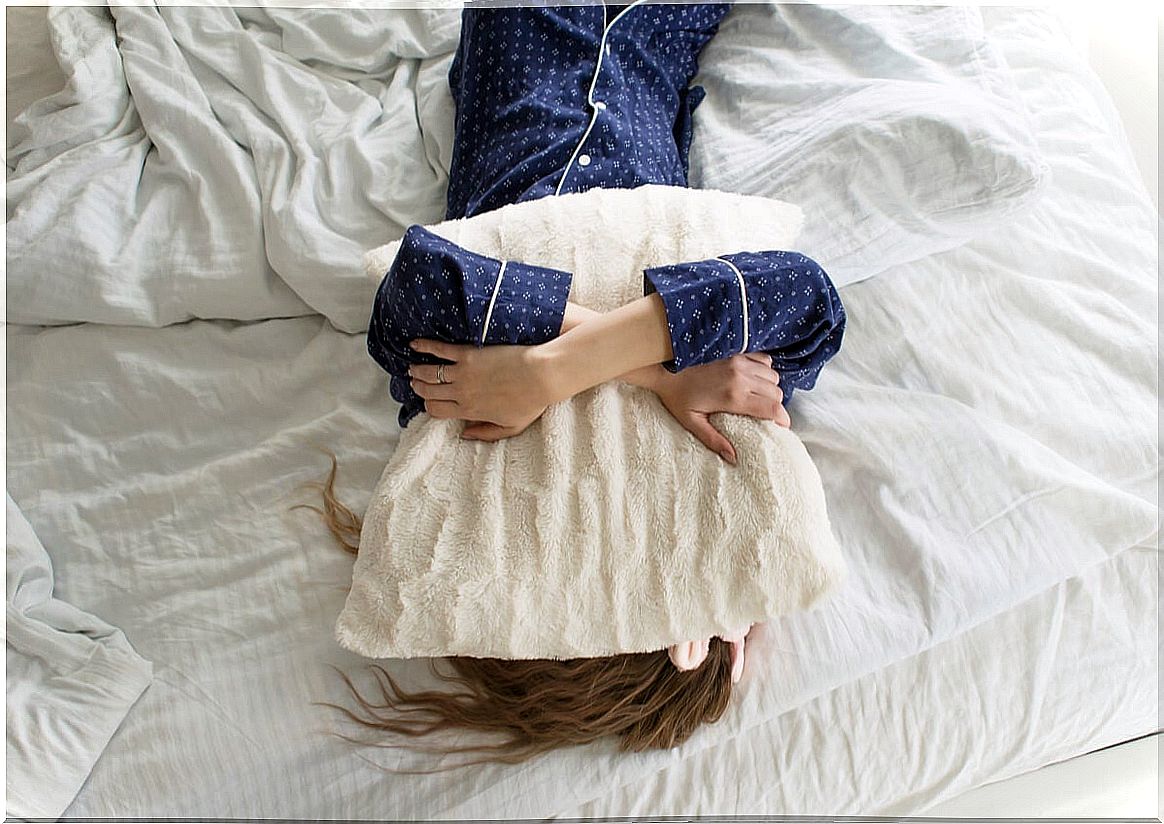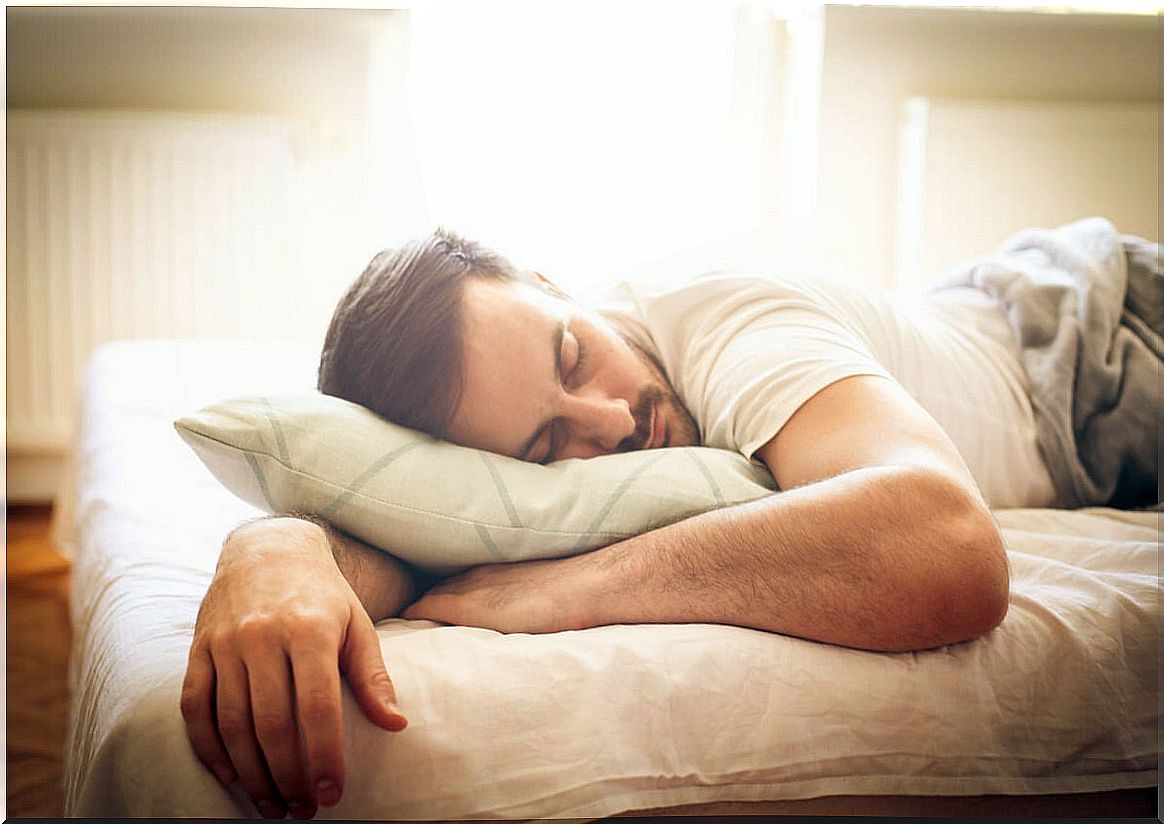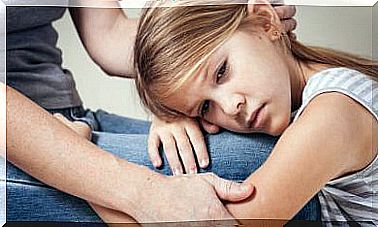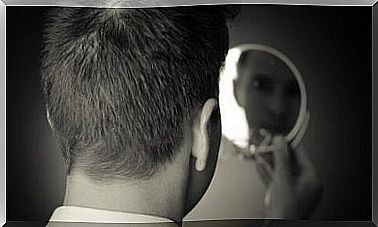What Is Sleep Drunkenness?

There are people who wake up completely energetic, lucid and ready to face the day as soon as the alarm sounds. On the other hand, others can only limit themselves to contemplating with surprise, admiration and some envy those who enjoy this privilege. And it is that, for many, the morning awakening supposes a great effort; a moment in which the brain seems not to want to collaborate in our attempt to clear ourselves and be functional. If this is the case, you may be drunk with sleep.
Waking up drowsy, tired or irritated does not mean that you suffer from this condition. This is relatively frequent and does not have major repercussions. On the other hand, the disorder that we will talk about today can significantly affect the lives of those who suffer from it. Even so, we still have little information in this regard since, unfortunately, this condition has gone largely unnoticed in the scientific community.

What is sleep drunkenness?
Sleep drunkenness is a disorder that occurs the moment we go from sleep to wakefulness. Thus, those who suffer from it wake up confused, disoriented and with their cognitive abilities functioning at low performance. Some describe it as a mental fog that prevents you from thinking clearly and acting appropriately, making awakening extremely difficult.
These episodes usually take place after the period of nocturnal sleep, but can also occur in the middle of the night or after a daytime nap. They are usually generated by a sudden awakening that puts the person on alert and leads him to feel that he must defend himself from some danger or face an urgent situation.
How does it manifest?
Some of the most representative examples of what happens with sleep drunkenness are the following:
- Upon awakening, the individual does not know where he is. You may try to get out of bed over the side of the wall and have serious difficulty getting to your own bathroom.
- When the alarm clock goes off, the person may react by answering the phone or trying to go to the front door, thinking that the bell has been rung.
- It can also happen that someone who suffers from sleep drunkenness wakes up on a holiday totally convinced that he has to go to work and is late. Something that will lead you to prepare in a hurry and hasty and not be aware of what is happening until later. And it is that this confusional state can last from a few minutes to several hours.
Why does sleep drunkenness occur?
The causes of this disorder are not yet clear. However, some research has found that it tends to occur more frequently in those with other sleep disorders and other mental illnesses. Anxiety, depression or bipolar disorder have a significant comorbidity with sleep drunkenness. In addition, the consumption of certain drugs (such as antidepressants) can also promote its appearance.
Similarly, it seems that sleep habits play a role as well. Thus, sleeping less than six hours, more than nine or suffering from jet lag are events related to the occurrence of this disorder. Sleep apnea, alcohol consumption, and chronic stress are also associated.

Is there treatment?
It is estimated that sleep drunkenness affects one in seven people, so it is essential to investigate more about it. However, we still do not have a specific treatment for this pathology.
It must be borne in mind that, for many people, these are isolated episodes that do not generate significant discomfort or interference in their daily life. However, those who suffer from it on a recurring basis are seriously affected at a personal, family and work level. Well, let’s keep in mind that it can take hours until they fully recover their cognitive faculties.
The intervention would then consist of addressing the related situations. If there is any comorbid disorder (such as those mentioned above) it will need to be treated appropriately. And, in the same way, it is essential to adopt good sleep habits.
Getting adequate hours of sleep and reducing stress can alleviate symptoms in many cases. However, it is still being studied to find more conclusive results regarding the treatment of this disorder.









